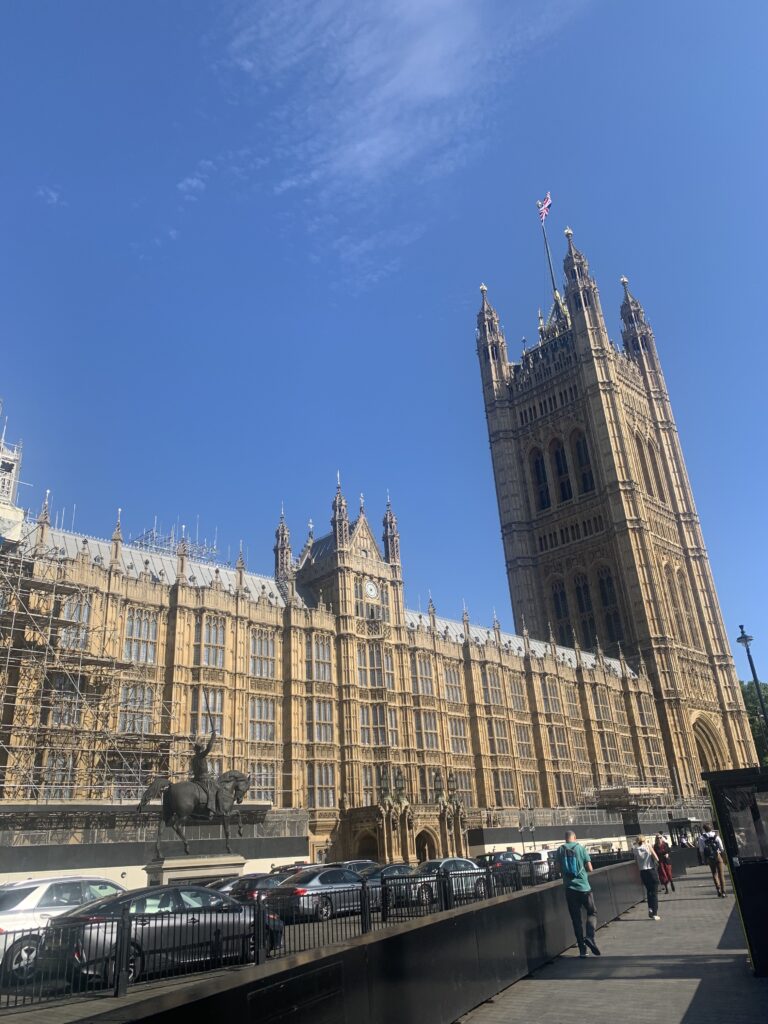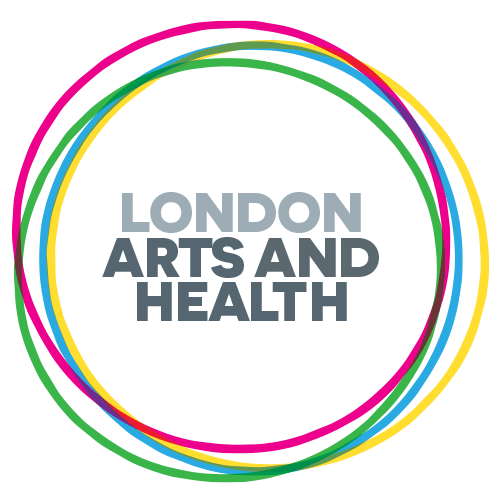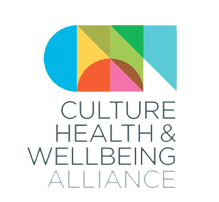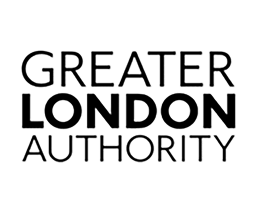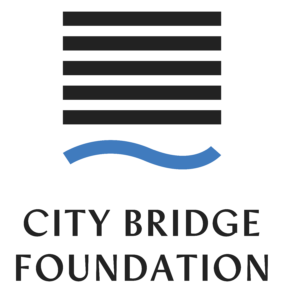Tuesday 17th May 2022
Our Headline event for the second day of Creativity and Wellbeing week was the All-party Parliamentary group on Arts and Wellbeing: Webinar on Young people, co-production, creativity and mental health Services, chaired by Rachel Hopkins MP, Vice-Chair of the APPG. Find the Agenda for the webinar here
Here we were joined by a vast panel of experts in the field and heard about the amazing projects that use creativity to positively impact young people’s lives that have, are and will be going ahead.
Starting the panel was Paula Ayliffe, Co-Headteacher, Mayfield Primary School + Year 5 pupils and Ruth Sapsed, Director, Cambridge Curiosity and Imagination discussing their Branching Out Programme with a group of young experts. The young people talked about the positive impact this has had on their learning and how being outdoors has allowed them to take control of their own development.
James Leadbitter (the Vacuum Cleaner), Artist and activist was then joined by Clare Lovett, Principal Project Development Officer, Culture and Creative Industries Unit, Greater London Authority discussing the 2.8 million minds manifesto which was taken to parliament that evening. They outlined the project and the importance of funding in the creativity industry, and how this is vital to the arts and health sector.
Julie McCarthy, Strategic Lead: Live Well and Creative Health, Greater Manchester Combined Authority &
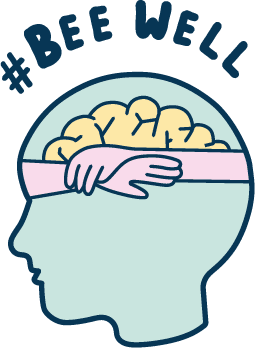 Greater Manchester Health & Social Care Partnership then spoke about Creative social prescribing supporting children and young people’s mental health across Greater Manchester. Outlining the growing social prescribing workforce within Greater Manchester. They also discussed the #Beewell Survey and how this has positively impacted the lives of the young people in the area. Co-creation is at the forefront of #BeeWell and they have worked with young people to design their name, logo and website as well as their social media presence and the survey itself. They worked with over 150 young people from pathfinder schools across Greater Manchester when designing the Survey which gave them valuable insight int what wellbeing looks like to young people and a deeper look at the factor that impact their wellbeing .
Greater Manchester Health & Social Care Partnership then spoke about Creative social prescribing supporting children and young people’s mental health across Greater Manchester. Outlining the growing social prescribing workforce within Greater Manchester. They also discussed the #Beewell Survey and how this has positively impacted the lives of the young people in the area. Co-creation is at the forefront of #BeeWell and they have worked with young people to design their name, logo and website as well as their social media presence and the survey itself. They worked with over 150 young people from pathfinder schools across Greater Manchester when designing the Survey which gave them valuable insight int what wellbeing looks like to young people and a deeper look at the factor that impact their wellbeing .
Next up was the Brilliant Dr Katherine Taylor, a senior Clinical Psychologist and Arts, Culture and Mental Health Programme Manager for GM i-THRIVE. The Greater Manchester Arts, Culture and Mental Health Programme is part of GM i-THRIVE, and the only THRIVE team nationally with an arts and cultural programme, which sees the Thrive Framework for system change implemented across all of Greater Manchester.
We then heard from Jessica Roose, Quality, Safety and Participation Lead for Shropshire, Telford & Wrekin’s Children and Young People’s Mental Health Team Bee-U, Midlands Partnership NHS Foundation Trust and Katie, a member of the Midlands Partnership NHS Foundation Trust participation group. They talked about the Bee U health and wellbeing service for Children & Young People, Shropshire, Telford & Wrekin, a product of the co-collaboration between medical professionals and service users, created in the response to the shocking wait times of the mental health, especially the eating disorder wait list.
Our Last speaker was Dr Daisy Fancourt, an Associate Professor of Psychobiology & Epidemiology at University College London, where she heads the Social Biobehavioural Research Group. Her research focuses on the effects of social factors on health, including loneliness, social isolation, social & community assets, arts and cultural engagement, and social prescribing. She spoke about evaluation and how vital arts is to social prescribing in our current climate.
2.8 Million Minds – launch of a manifesto for young people, mental health and art.
Rounding off the second day of #CreativityandWellbeingWeek Director Anna attended an events in Parliament to celebrate the launch of the 2.8 Million Minds, which is a project funded and run by the GLA and the Baring Foundation, led by the artist the vacuum cleaner. Opening the event was Labour shadow minister for children and early years, Helen Hayes who spoke passionately about the impact of COVID-19 on young people’s mental health and stigma, stressing how early access and intervention utilising arts for young people can help to guard against poor mental health outcomes. Most importantly was the voices of the young people involved in the projects who worked with a range of artists to investigate what mental health through art making might look like. The young people spoke about how adults might ‘act like they’re listening’ but really ‘they’re just putting a label on you’.
The project foregrounded in a collaborative way the young people’s own experiences and gave them a sense of freedom to really address the serious stuff about mental health on their own terms we heard from the news collective who asked the question to the group how’s the weather in your head they worked with artist Becky Warnock to create a visual language of mental health using photographic journals games and activities. The young people concluded that mental health is a spectrum and most importantly expressed that they felt something in the healthcare system really needs to change. They asked the audience ‘how bad does it need to get before you will take action to help us?’
Working with Haringey Learning Partnership Yomi Sode created a manifesto video working with visual artists who explored emotions and mental health through art making, poetry and more. The young people talked about their emotions being ‘stored away’ and not feeling able to share or express their mental health worries in current school systems. Young artist Tyreis Holder talked passionately using spoken word and poetry about how ‘connecting with art our brings out a new language’. Finally, James Leadbetter the vacuum cleaner shared some of the key ideas that have come out from the manifesto including:
- Young people being empowered to build lasting relationships with artists;
- Access to braver creative, safer spaces to make art to explore mental health;
- And working with artists who have lived experience of mental health
The manifesto will be launched further at the Liberty festival on the 23rd of July and will be available to read, download and most importantly action very soon. The young people were brave, creative and the manifesto hopes to catalyse change by bringing arts to the forefront of what good access to mental health services should look like, be like and be reimagined for the future.
